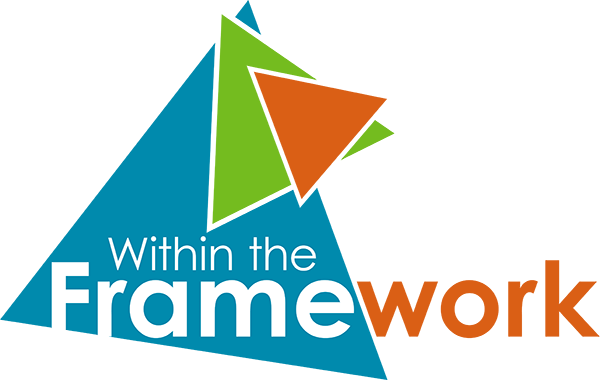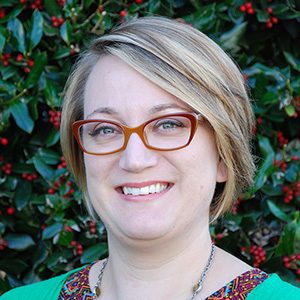This webinar is designed to provide an overview of the National Early Childhood Inclusion Indicators Initiative, a joint project by NCPMI and Early Childhood Technical Assistance (ECTA) Center. The suite of materials—developed for states, local programs and child environments—intended to increase the implementation of high quality inclusive practices will be presented. Specific attention will be paid to the early childhood education environment (ECEE) inclusion indicators. Video examples will be used to illustrate implementation of the ECEE inclusion indicators in a variety of programs as well as implications for local program and state level staff.
Indicators of High-Quality Inclusion: A Comprehensive Set of Tools

Date:
Oct 15, 2019Time:
12:00 AM(Eastern Time Zone)
Duration:
54 min
Related Resources
- Webinar PPT Handout
- National Early Childhood Inclusion Indicators Initiative
- State Indicators of High Quality Inclusion
- Local Program Indicators of High Quality Inclusion
- Early Care and Education Environment Indicators of High Quality Inclusion and Exemplars
- HHS and DoE Joint Position Statement on Inclusion of Children with Disabilities in Early Childhood Programs
- CONNECT Modules
- Rolling with Friends (video)
- Red Light, Green Light (video)
Certificate Info
Certificate of Attendance
A downloadable certificate is available for both live and recorded webinars. To receive the certificate, you must fill out the evaluation survey.How to access the survey:
Live participants: You will receive an email after the webinar with the link to the survey. Recording viewers: The URL link for the survey will be displayed at the end of the webinar. You will need to type that URL into your internet browser to access the survey and certificate. Note: Type the URL exactly as you see it. URL is CASE SENSITIVE. Once you submit the survey, the certificate will appear. You can then save and/or print your certificate.NCPMI Presenter(s)

Phillip Strain
University of Denver
Dr. Phil S. Strain is James C. Kennedy Endowed Chair in Urban Education at the Morgridge College of Education and Director of the PELE Center, University of Denver. He is the author of over 300 scientific publications, has served on the editorial boards of 22 professional journals and has been Principal Investigator or Co-Investigator of grants and contracts totaling over 80 million dollars. He is particularly interested in expanding inclusive preschool options, comprehensive services for young children with autism and prevention and intervention for children with challenging behaviors.

Alissa Rausch
University of Denver
Alissa Rausch, EdD is a Postdoctoral Research Fellow in the Positive Early Learning Experiences (PELE) Center at the University of Denver. She has worked as clinical faculty in the early childhood and early childhood special education licensure program at CU Denver. Her work in higher education blossomed from 15 years of practice as an early childhood educator working in inclusive preschool classrooms serving young children and their families. Alissa also had the privilege of serving children from diverse backgrounds and their families in their homes and in community settings. Her current work centers on supporting preservice and in-service practitioners to build their capacity to act as agents of social change and implement quality inclusive practices for young children in the field of early childhood education.
Guest Presenter(s)

Megan Vinh
Frank Porter Graham Child Development Institute at University of North Carolina - Chapel Hill
Megan Vinh, PhD is a member of the leadership team for the Trohanis Technical Assistance (TA) Projects at the FPG-CDI at UNC-CH. Currently, Megan serves an Associate Director at the Early Childhood Technical Assistance (ECTA), the co-PI of the Early Childhood Recommended Practice Modules project (RPM), and the evaluation lead for the Center for IDEA Early Childhood Data Systems (DaSy). In her role at ECTA, she provides leadership, technical assistance, and evaluation support around improving state early intervention and early childhood special education service systems, increasing the implementation of effective practices, and enhancing outcomes of these programs for young children and their families. Megan specializes in program evaluation and supporting states with systems change around access and equity issues, including reducing early care and education suspensions and expulsions and increasing high quality inclusive opportunities. As the co-PI for the RPM project, she provides leadership and content expertise for the development of interactive, online modules that support faculty and professional development providers with embedding the DEC Recommended Practices into their coursework and training.



